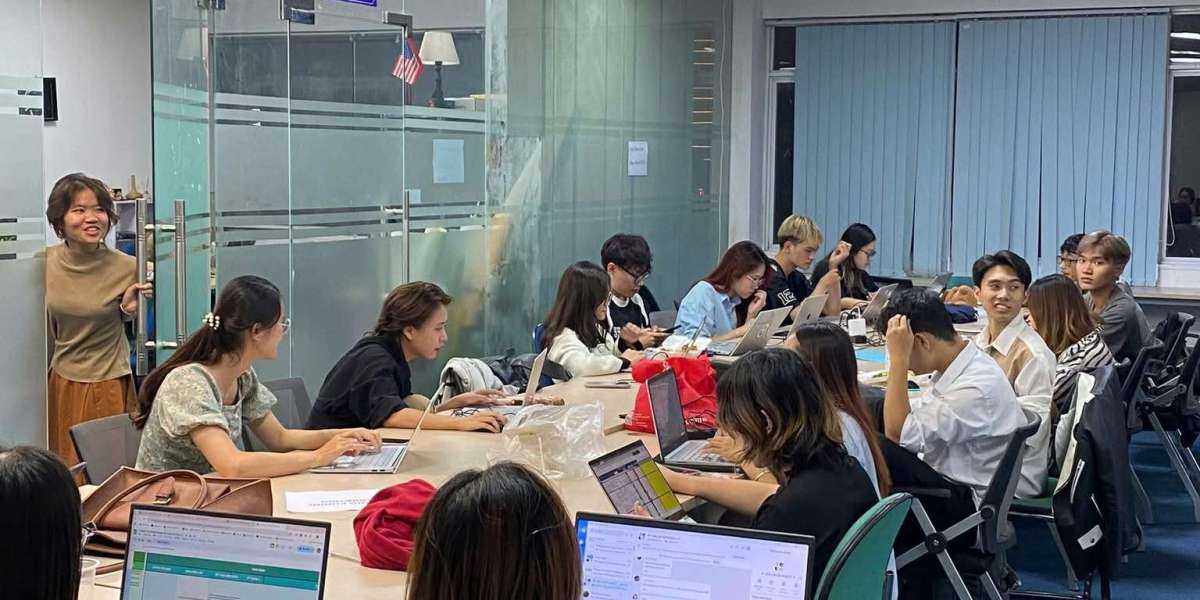DeepSeep-R1 chatbot, an innovative development in the AI world, has actually just recently caused an outcry in both the financing and technology markets. Created in 2023, this Chinese start-up quickly overtook its competitors, including ChatGPT, and ended up being the # 1 app in AppStore in numerous countries.
DeepSeek wins users with its low cost, being the very first innovative AI system offered totally free. Other similar big language designs (LLMs), such as OpenAI o1 and Claude Sonnet, are presently pre-paid.
According to DeepSeek's designers, the cost of training their design was just $6 million, an advanced small amount, compared to its competitors. Additionally, the model was trained using Nvidia H800 chips - a simplified version of the H100 NVL graphics accelerator, which is permitted export to China under US limitations on selling advanced technologies to the PRC. The success of an app established under conditions of limited resources, as its developers declare, ended up being a "hot subject" for discussion amongst AI and service professionals. Nevertheless, some cybersecurity specialists point out possible hazards that DeepSeek might bring within it.

The threat of losing investments by big technology business is currently amongst the most pressing subjects. Since the large language design DeepSeek-R1 initially ended up being public (January 20th, 2025), its unmatched success triggered the shares of the companies that invested in AI advancement to fall.
Charu Chanana, chief investment strategist at Saxo Markets, showed: "The introduction of China's DeepSeek shows that competition is heightening, and although it might not position a substantial risk now, future rivals will develop faster and challenge the recognized business quicker. Earnings this week will be a substantial test."
Notably, DeepSeek was launched to public usage almost exactly after the Stargate, which was supposed to end up being "the most significant AI infrastructure task in history so far" with over $500 billion in funding was announced by Donald Trump. Such timing might be viewed as a deliberate attempt to reject the U.S. efforts in the AI technologies field, not to let Washington gain an advantage in the market. Neal Khosla, a founder of Curai Health, which uses AI to improve the level of medical assistance, called DeepSeek "ccp [Chinese Communist Party] state psyop + financial warfare to make American AI unprofitable".
Some tech specialists' suspicion about the announced training expense and equipment utilized to develop DeepSeek might support this theory. In this context, some users' accounting of DeepSeek apparently determining itself as ChatGPT likewise raises suspicion.
Mike Cook, wiki.insidertoday.org a researcher at King's College London concentrating on AI, discussed the topic: "Obviously, the model is seeing raw responses from ChatGPT at some time, but it's not clear where that is. It might be 'unexpected', but regrettably, we have seen instances of individuals straight training their models on the outputs of other models to try and piggyback off their knowledge."
Some analysts also find a connection between the app's creator, Liang Wenfeng, wiki-tb-service.com and oke.zone the Chinese Communist Party. Olexiy Minakov, an expert in communication and AI, shared his concern with the app's quick success in this context: "Nobody checks out the regards to usage and privacy policy, happily downloading a totally totally free app (here it is proper to remember the saying about totally free cheese and a mousetrap). And then your data is stored and offered to the Chinese government as you interact with this app, congratulations"
DeepSeek's privacy policy, according to which the users' information is saved on servers in China
The potentially indefinite retention period for users' personal details and uncertain phrasing concerning information retention for users who have actually broken the app's regards to use may likewise raise questions. According to its privacy policy, DeepSeek can eliminate info from public access, but maintain it for internal investigations.
Another risk prowling within DeepSeek is the censorship and complexityzoo.net bias of the information it provides.
The app is hiding or offering intentionally false info on some subjects, demonstrating the risk that AI technologies developed by authoritarian states may bring, and the impact they could have on the information area.
Despite the havoc that DeepSeek's release caused, some professionals demonstrate uncertainty when discussing the app's success and the possibility of China providing brand-new innovative developments in the AI field soon. For instance, the task of supporting and increasing the algorithms' capabilities may be an obstacle if the technological constraints for China are not raised and AI technologies continue to progress at the exact same fast lane. Stacy Rasgon, an expert at Bernstein, akropolistravel.com called the panic around DeepState "overblown". In his opinion, the AI market will keep receiving financial investments, and there will still be a requirement for data chips and information centres.
Overall, the economic and technological variations caused by DeepSeek may indeed prove to be a short-term phenomenon. Despite its existing innovativeness, the app's "success story"still has significant gaps. Not just does it concern the ideology of the app's developers and the truthfulness of their "lower resources" development story. It is also a question of whether DeepSeek will prove to be durable in the face of the marketplace's needs, and its ability to maintain and overrun its competitors.






